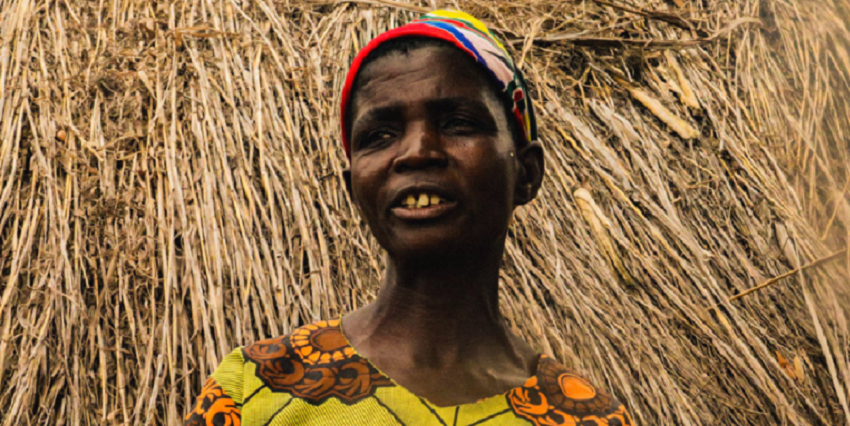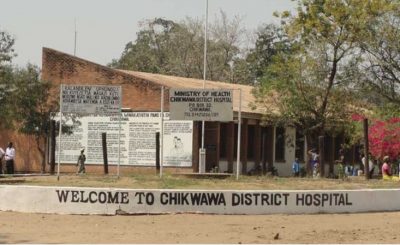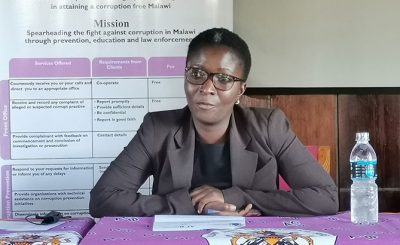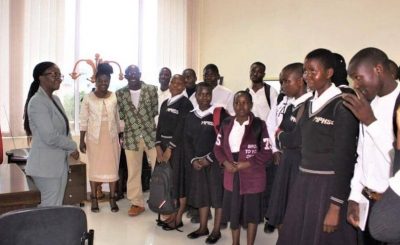Local communities around wildlife protected areas are adapting to climate change through different approaches to mitigate its harmful effects demonstrated most visibly through prolonged dry spell.
The European Union funded project called Building Resilient Communities around Wildlife Protected areas is empowering communities around Mwabvi Wildlife Reserve in Nsanje, Lengwe National Park in Chikwawa and Kasungu National Park to transform negative coping strategies and build resilience to the impact of climate change.
Through the project, rural farmers are reshaping their adaptation strategy by embracing the rearing goats that are resilient to the changing conditions.
Edina Basikolo is a member of a village savings and loans association in the area of Group Village Headman Kamberengende which boarders Mwabvi Wildlife Reserve in Nsanje district.
She says since the inception of the group in 2020, they have been able to transform their lives. “We have been trained on goat raring skills such as fodder banking where we ensure that our goats have feed during the dry season.”
“Initially when we were practicing small-scale farming we were not reaping much and we had the struggle to pay school fees for our children. But when I joined this group I was offered a loan in form of a goat and today I have 10 goats, I will be giving the other five to another member of the group,” says Basikolo.
“The goats will surely make me earn some money by selling their products to the community in the near future and I can manage to pay school fees for my children. This was something that I could not make by practicing small scale farming alone,” she recalls.
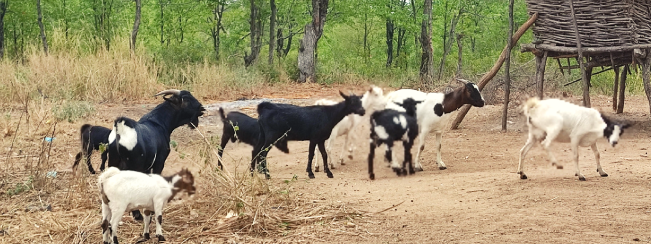
“As you all know that goats are highly valued among the communities living around the game reserve since they are their source of livelihood. We aim at boosting climate adaptation amongst ourselves by embracing the goat pass-on which has a high yield return. Comments another member of the group.
He says the farmers have been organized into groups where they are sensitized on the value of their goats. The groups are made up of 25 members in which 16 are women.
The goats, along with other climate-smart farming and other income generating activities have brought some food to the table to these communities.
Melton Luhanga is the Executive Director for Churches Action in Relief and Development-CARD. “The partnership in training of the locals on the importance of goat rearing has transformed the lives of many households in this community. We trained them on efficient management of the goats,” says Luhanga.
The 3 year project is being coordinated by Trócaire in Malawi and implemented in partnership with CARD, CICOD, CISONECC and YONECO.


